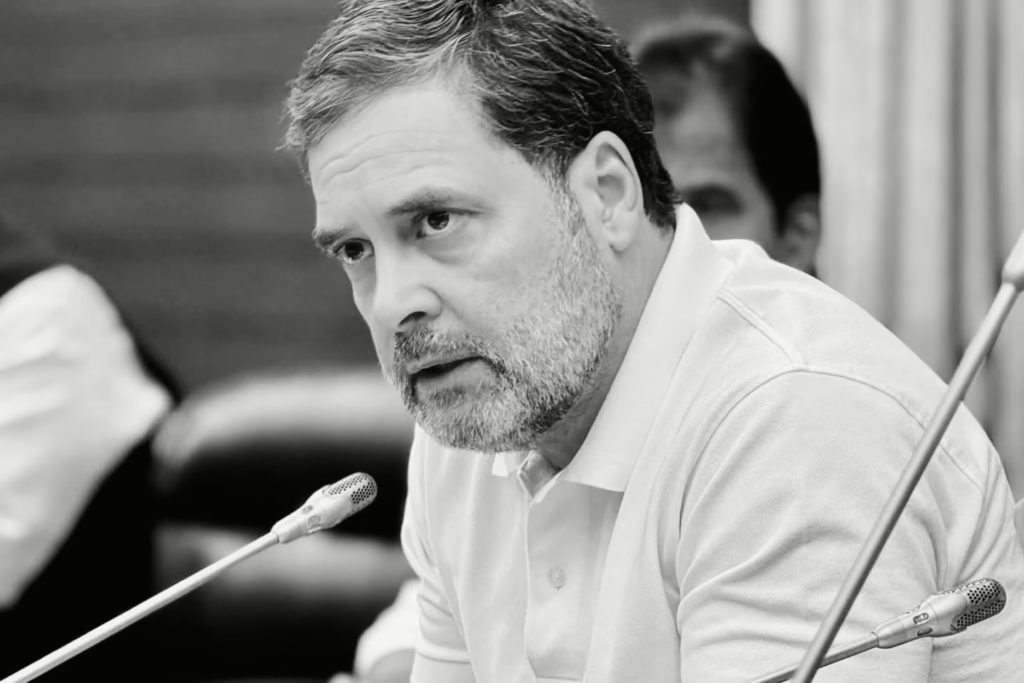Congress leader Rahul Gandhi on Sunday struck a chord with Bihar’s youth by asserting that they are no longer swayed by political speeches and instead demand real employment opportunities. Speaking at the Maharojgar Mela, Gandhi said the aspirations of young Biharis are rooted in economic stability, not electoral sloganeering.
“The youth of Bihar want jobs, not speeches,” Gandhi stated, directly addressing the growing dissatisfaction among the state’s educated but unemployed population. The remark was met with loud applause from attendees, many of whom had gathered with the hope of securing employment or skill development support.
Gandhi’s comments come at a time when unemployment remains a pressing concern across Bihar, especially among first-time voters. Several recent surveys have identified joblessness as the top issue influencing voter sentiment in the state, ahead of caste-based or ideological affiliations.
A Focus on Economic Justice
Linking employment to larger themes of social justice, Gandhi highlighted the need for policies that serve the interests of underprivileged and marginalised communities. He accused successive governments of making promises that fail to materialise on the ground.
“Our youth are not lazy; they are waiting for a system that respects their capabilities and creates opportunities. We must end the culture of jumlas and start talking about real results,” he said.
The Congress leader also criticised what he described as the growing centralisation of economic power, arguing that it benefits only a few and leaves the rest behind. “Employment must be decentralised. We need MSMEs, rural enterprises, and new industrial corridors that are labour-intensive,” he added.
Political Undertones in Election Season
Although the Maharojgar Mela was not explicitly framed as an election campaign event, Gandhi’s address bore clear political undertones, especially in the context of the upcoming state and national elections. The Congress is hoping to consolidate youth support in Bihar, where unemployment has long remained a central electoral issue but often been overshadowed by caste dynamics and alliance arithmetic.
Gandhi’s message seemed tailored to reframe the political conversation around jobs rather than identity. “When a young person is employed, his vote becomes rational, not emotional. And we want rational voting in this country,” he said.
Analysts note that Gandhi’s continued focus on employment is part of a broader strategy to appeal to aspirational India—a demographic that often feels disillusioned with political class promises and seeks tangible outcomes.
Public Reception and Ground Sentiment
Initial reactions on the ground suggest Gandhi’s comments resonated with many in the audience, particularly students and job seekers. “He spoke what we feel every day. We want work, not more promises,” said Rakesh Kumar, a 24-year-old graduate from Gaya who has been unemployed for over a year.
Others appreciated the effort to bring youth issues to the centre of national political discourse. “At least someone is saying it aloud. Most parties only remember us during election time,” said Shabana Parveen, a diploma holder from Patna.
As Bihar continues to struggle with chronic underemployment and outward migration of skilled youth, employment is shaping up to be not just a policy issue but a political battleground—one that Gandhi appears keen to claim as central to his campaign narrative.



